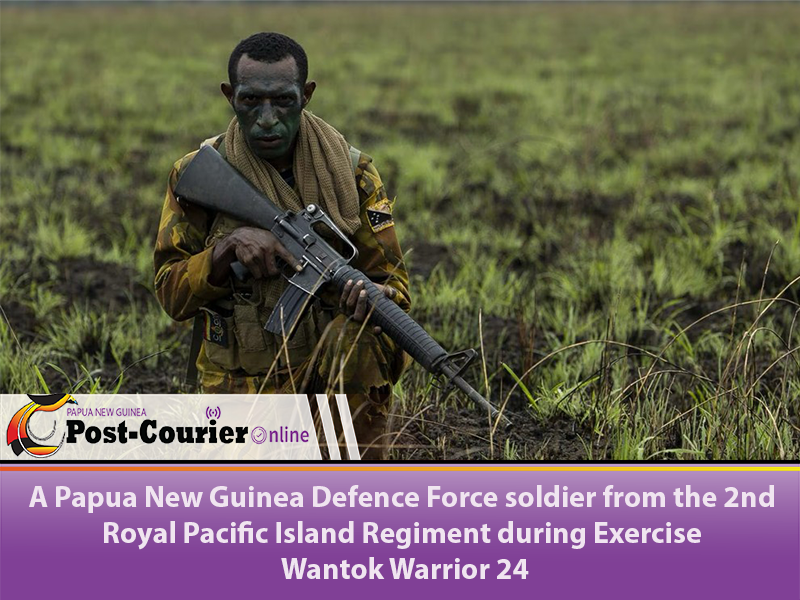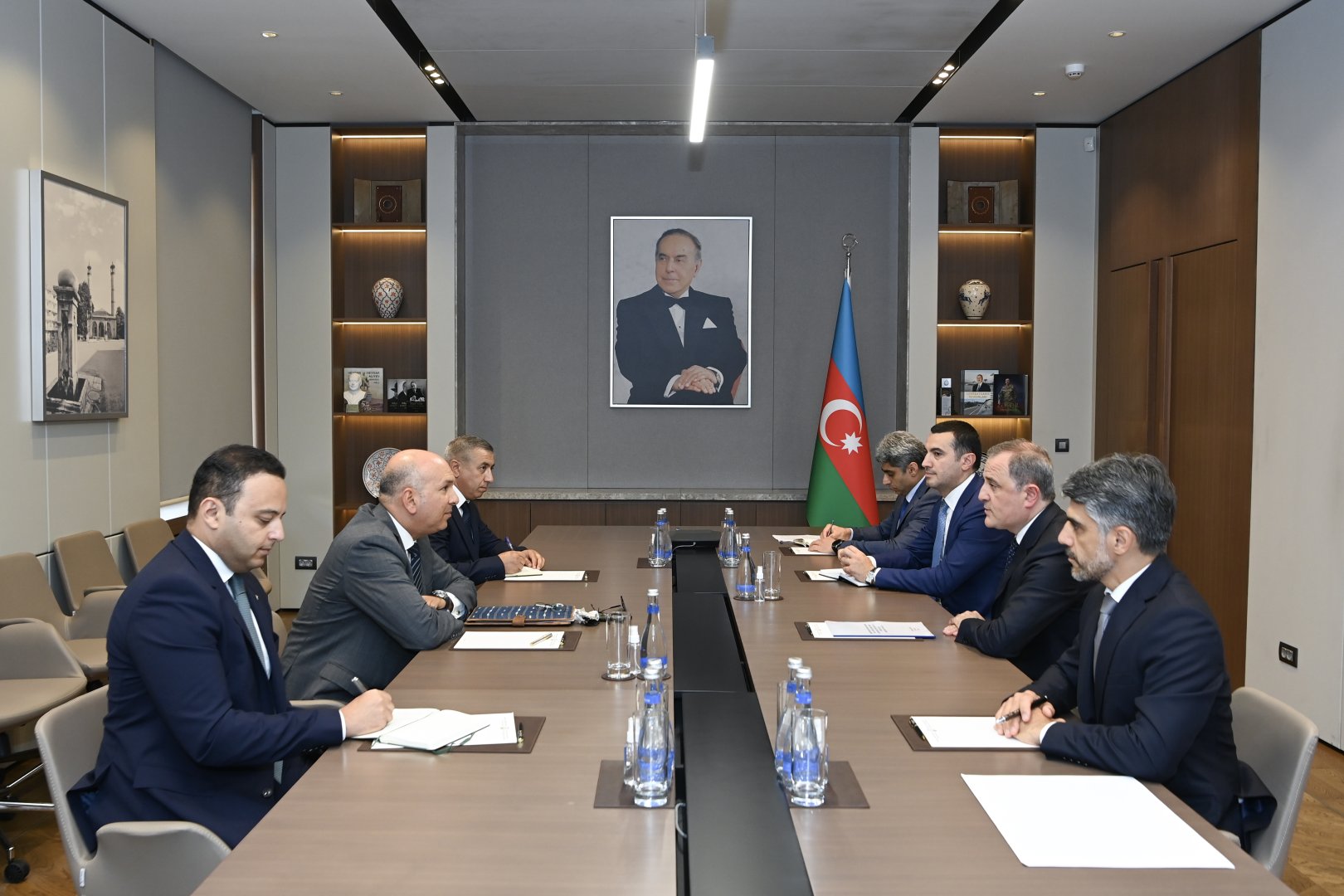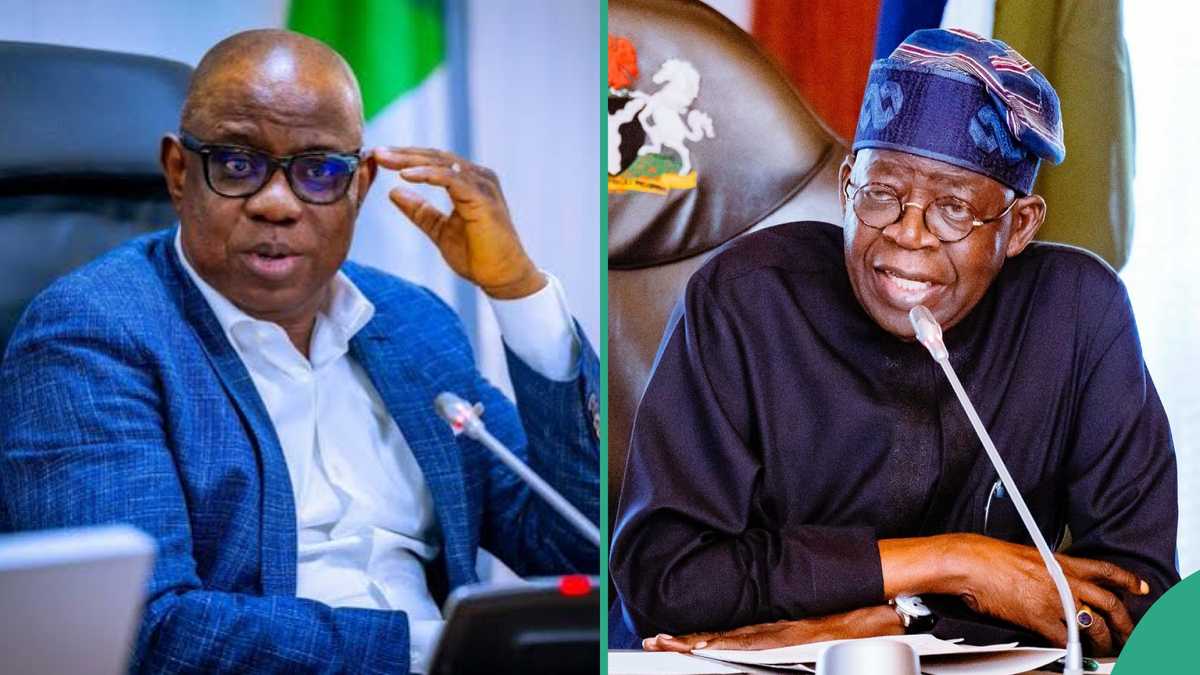By Ben Packham The,PC Online Contributor
Copyright postcourier

By BEN PACKHAM The Australian
Australia will spend billions of dollars on new weapons and equipment for Papua New Guinea’s military under a landmark new treaty that will introduce new mutual defence arrangements and integrate the nations’ forces as never before.
Defence Minister Richard Marles said the treaty, to be signed by Anthony Albanese and his PNG counterpart James Marape this week, was “hugely significant” and suggested it would help Australia to better defend its northern approaches.
The Prime Minister will fly into Port Moresby on Monday to join the country’s 50th anniver-sary of independence celebrations, vowing to expand the -nations’ “special relationship” as “partners and equals”.
A PNG government briefing note obtained by The Australian said the defence treaty would build and modernise the PNG Defence Force’s “capability and operational proficiency”, with Mr Marles declaring this would be done in a “much bigger way” than in the past.
“PNG is obviously on our northern flank. It really matters that we have the very best relationship that we can have with PNG in a security sense,” he told the ABC’s Insiders program.
As revealed by The Australian, the defence treaty will open the way for thousands of Papua New Guineans to serve in the ADF, who will gain Australian citizenship and earn the same rates of pay as their Australian counterparts.
The option is set to be promoted to the country’s young people and university students, but Mr Marles conceded the numbers of recruits would have to be carefully managed to prevent an exodus from the PNGDF.
“This is something we would be doing hand in glove with PNG as we walk down this path,” he said.
The treaty, which will replace a 1977 status of forces agreement, builds on the legacy of the nations’ World War II links, including the Kokoka campaign.
The briefing note said the agreement would enable “mutual defence”, a “combined contribution to regional security” and allow the PNGDF to “speak for the ADF” when dealing with smaller Pacific states.
It is yet to be revealed whether Australia will be legally obligated to defend PNG if it is attacked or whether the Australian Defence Force will be allowed to operate freely from the country to attack enemy forces sailing towards Australia.
PNG Defence Minister Billy Joseph told the ABC the nations’ militaries would be “totally integrated” under the treaty, which would include a provision similar to NATO’s Article IV that requires member countries to consult on emerging security threats.
The provision is less onerous than NATO’s Article V that says an armed attack on one member is considered to be an attack on all, and members will act in concert to meet the threat.
Mr Marles declined to comment on the extent of the mutual obligations, saying he did not want to pre-empt the announcement, which is expected on Wednesday.
He said the government did not intend to garrison troops in PNG but pointed to the country’s geostrategic significance to Australia.
“PNG is obviously on our northern flank. It really matters that we have the very best relationship that we can have with PNG in a security sense,” he told the ABC’s Insiders program.
As revealed by The Australian, the defence treaty will open the way for thousands of Papua New Guineans to serve in the ADF, who will gain Australian citizenship and earn the same rates of pay as their Australian counterparts.
The option is set to be promoted to the country’s young people and university students, but Mr Marles conceded the numbers of recruits would have to be carefully managed to prevent an exodus from the PNGDF.
“This is something we would be doing hand in glove with PNG as we walk down this path,” he said.
The treaty, which will replace a 1977 status of forces agreement, builds on the legacy of the nations’ World War II links, including the Kokoka campaign.
There will be no legal immunities provided to Australians under the pact if they violate PNG’s laws, or to Papua New Guineans who transgress Australia’s.
Australian Strategic Policy Institute senior analyst Euan Graham said the agreement appeared to be a major win for Australia amid growing Chinese threats.
“It locks in access to the closest country in our own first island chain, removing any ambiguity about who is PNG’s security partner of choice, at a time when PNG’s other neighbours, Indonesia and Solomon Islands, are both more ambivalent about access and their strategic relations with China,” Dr Graham said.
He said the defence of PNG would fall to the ADF in any case, so it was good to formalise arrangements under a treaty.
“PNG recruitment and integration with the PNGDF adds to the ADF’s capacity but we’d better hope our cheques don’t all get cashed as once, with the ADF at its current size.
“Rather, with extra responsibilities it becomes more important than ever that the government looks again at the defence budget with a view to significant expansion.”
ANU international law expert Don Rothwell said the treaty would the first of its kind since Australia concluded the ANZUS pact in 1951.
Article III of that treaty states: “The parties will consult together whenever in the opinion of any of them the territorial integrity, political independence or security of any of the parties is threatened in the Pacific.”
He said if the Australia-PNG agreement mirrored the article, Australia could become involved in a range of potential contingencies.
”An implication for Australia is that it could become caught up in PNG-Indonesia border issues arising from West Papua and there is also an active independence movement in Bougainville, which raises issues of PNG’s ‘political independence or security’,” Professor Rothwell said.
“There is also the potential that as China seeks to exert greater influence in Solomon Islands, that PNG-Solomon Islands tensions could rise, which could see Australia drawn into a PNG response to China’s presence in the region.”
The treaty follows a landmark $600m agreement for Australia to support a PNG team to play in the NRL from 2028, a deal that can be terminated at any time if Port Moresby gets too close to China.
Its signing will come just over a week after Vanuatu scuttled a hoped-for bilateral security agreement amid concerns over a clause giving Australia a veto over the country’s critical infrastructure partnerships.
Mr Albanese will attend a state dinner hosted by Mr Marape on Monday, and a “PNG50 Spectacular” on Tuesday, PNG’s independence day.
“I am honoured to be involved in this momentous occasion, celebrating PNG’s golden jubilee,” he said.
“I look forward to discussions with Prime Minister Marape on how we can continue to expand our relationship as neighbours, partners and equals.”
Australia’s aid to PNG runs at more than $600m a year, and will hit $700m in 2025-26.
In the past five years, Australia has made five separate budget support loans to PNG worth a total of $3.1bn.



